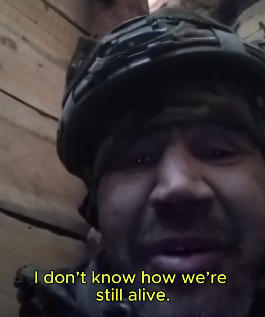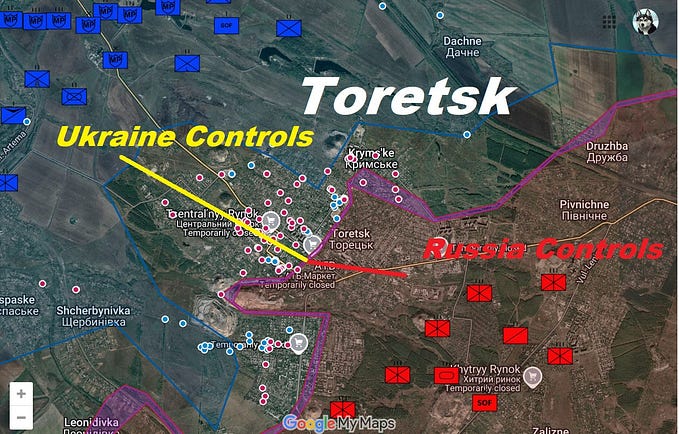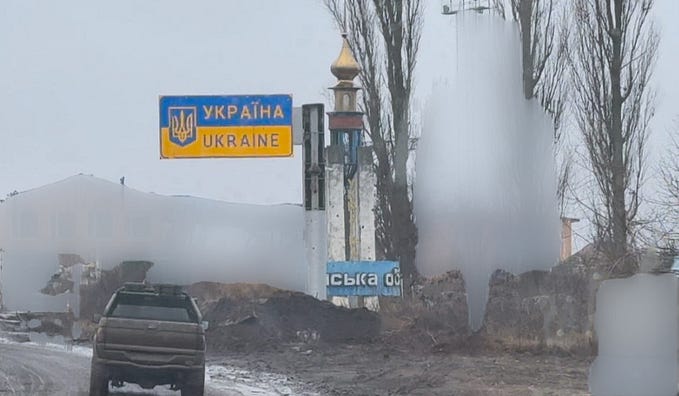Ask a Russian: What is life like in Russia now?

Hello! Thank you for reading us! We’re launching a new project which is called Ask a Russian where we gather questions from people around the world and try to find an answer — through voices of Russians and some necessary context.
Please note that this is a pilot article and take it with a pinch of salt. In the nearest future, we’ll fully launch the project. Stay tuned!
“Could you please briefly describe your current experience of living in Russia? If you left, can you name the reasons that prompted you to make this decision?”
You’ve asked a question. Through Telegram channels, we’ve collected 120 answers, mostly from Russians who live abroad.
We understand that this picture is biased. Most of the Russians, actively participating in those channels, are against the regime. What do the others say? It’s hard to tell, here we explain why:
These are some answers we’ve collected from the people who stayed:
I stay in Russia. I try to communicate less with the war supporters or those that pretend that nothing is happening. The latter are in the majority, so the social circle has drastically decreased. I work at a university, I almost always go to lectures in yellow and blue. I consider it important to express my position by available means.
I stay in Russia and every day I struggle with the horror that arises in my soul because of the fact that we are killing people, that my future was stolen, that my life is going in a direction that I did not choose, and most importantly, what tomorrow and what prospects await my daughter
Everything. Is. Very. Bad. There are many cases of depression, many are afraid, food prices are going up. In one minute, walking with a dog, I saw a car of the National Guard and the police car … In my neighbourhood there are several cars with the letter Z, two graffiti “no war” and green ribbons hung by me on the embankment …
To learn more on the current life you can read some of the interviews published previously:
I live in a nightmare, I won’t be able to leave here on my own, because of my age and an elderly parent. I am doing everything so that my children can go studying in Europe this year and stay there to live a normally. They are not responsible for the crimes of our state.
People who left
People left either long before the war, after the war started, or after the mobilisation was announced.
Their experiences are different. Their reasons are different. However, as we posted both questions at once, at times it’s hard to separate those reasons.
When describing the current life and/or the reason they left, they use those words.

Or better said,
Two reasons for leaving: 1) fear of mobilisation and 2) a desire to keep away from the abomination that the Putin regime is implementing on behalf of the whole country.

I left because of the constant fear for freedom and safety, because of the inability to influence something or at least express my opinion and call the war by its name, because of the unwillingness to be part of the silent majority.
Some people moved, being persecuted for their political activity:
Since 2011, I have been involved in the opposition movement and have watched how over a long time the political screws tightened, and there was more and more police brutality at rallies. When the attack on Ukraine began, at first I tried to change the situation and went out to all the protests. Then, when the street protests almost stopped, I had seen enough of the police horror, and my friends ended up in a pre-trial detention center, I moved to another city. And then from Russia.
Or, as Andrey Kysh, who ended up in the Czech Republic, having protested in Russia for ages.
But how do they describe their life now in Russia?
All 120 answers were manually analysed and separated by topics. Here you can find the topics raised in the answers, shown by frequency:

What do those topics tell us?
Well, mostly negative things. Let’s take Mental state. These are the words that surround this topic:

Here’s an example:
I live here in Russia. Feeling of forced schizophrenia and being bipolar at the same time. I follow the news, everything is boiling inside, I think what I could do, I feel powerless. Then I worn thin, and I become distant, because mentally i can’t take it anymore. I think a lot about the reasons. Especially about why people are able to perceive basic values in such a distorted way.
This feeling is shared by many people. “Hate has become the national idea of Russia”, says Sergey Sapogov in his interview to Ochevidcy project:
It’s not a surprise that not all the Russians suffered before the war. Not all of them do right now. Some of them used to have a good life prior to the war, some of them miss the country they lost:

In general, I can assess the my standard of living in Russia as quite high, I live in Moscow and had a good income in a managerial position in an international company. The company withdrew from the market and this is one of the reasons for moving for Austria. The reason is also the lack of free speech in Russia, the deteriorating economic situation.
Has their life changed? One can find many videos supporting the idea of the economic decrease:
However, there are other views on the current situations:
Those who answered describe their current experience of living in Russia as challenging and frustrating. The war does not align with their personal values or beliefs.
Additionally, they describe feeling restricted in their personal and political freedoms, experiencing discrimination or oppression, and witnessing corruption and government abuse of power. They also express frustration with the lack of economic and social opportunities, and the high levels of inequality and poverty in the country.
For those who have left Russia, they feel that their safety is at risk due to their political views or affiliations, and have concerns about the political climate and the impact of government policies on their personal lives and freedoms. Their reasons for leaving the country also include seeking greater personal and political freedom, escaping political persecution or oppression, and pursuing educational or employment opportunities that are not available in Russia.





